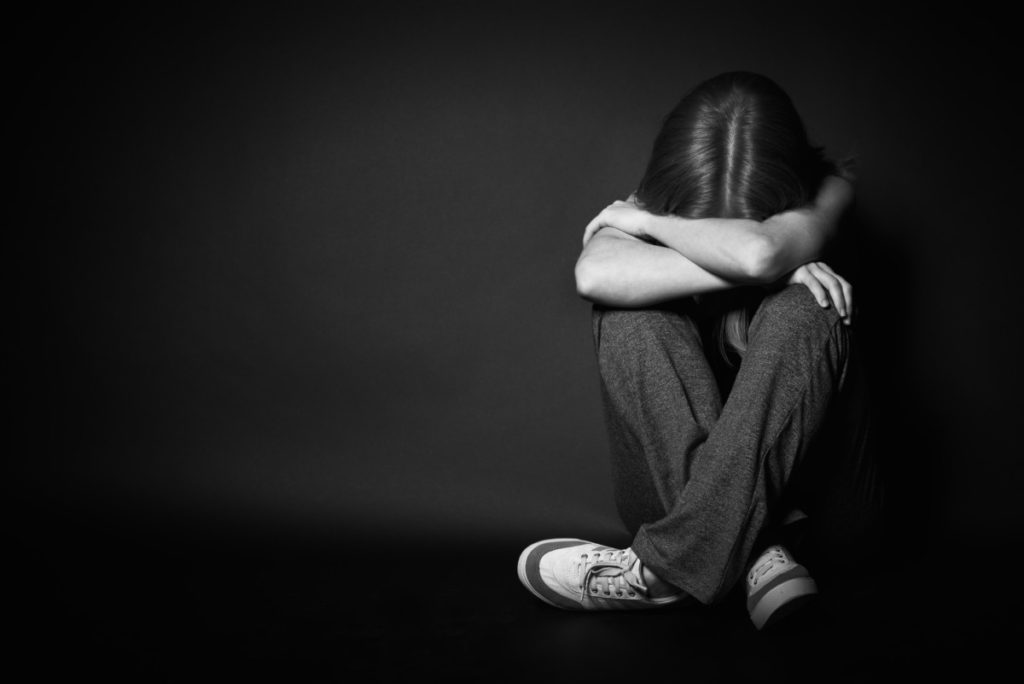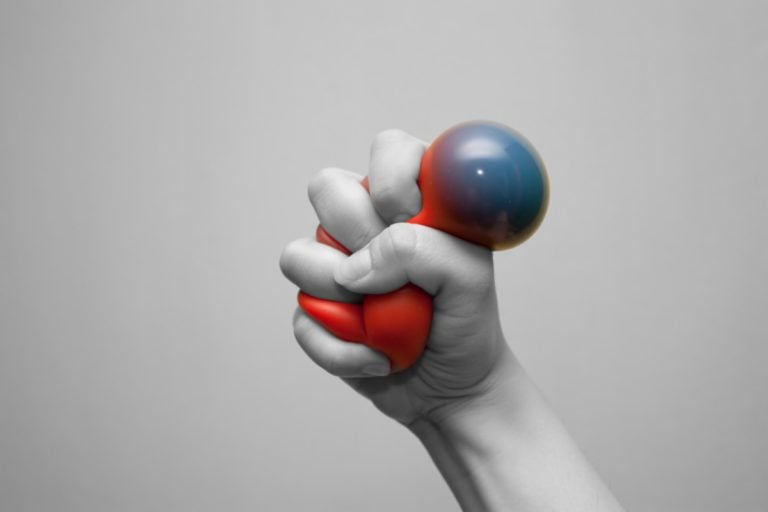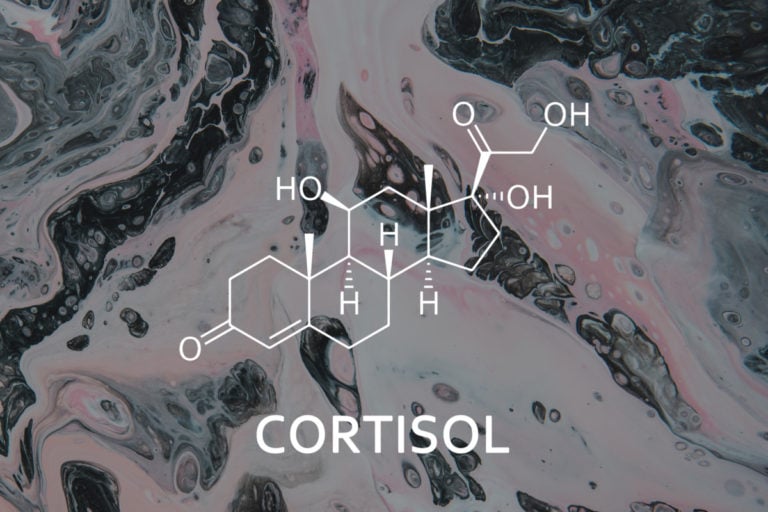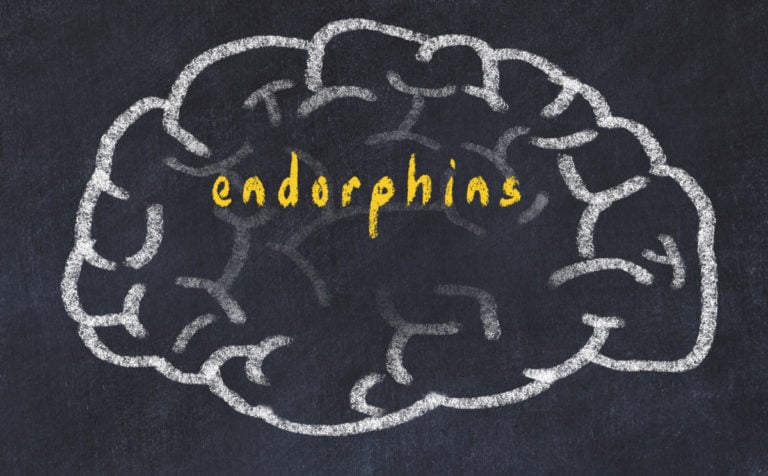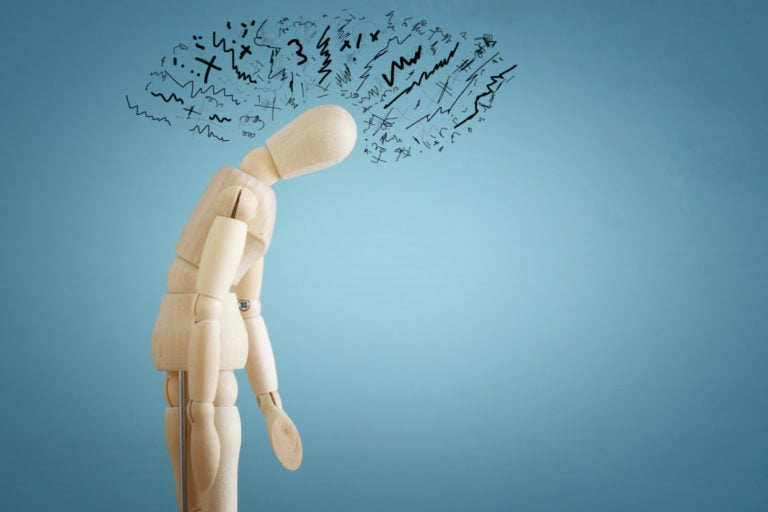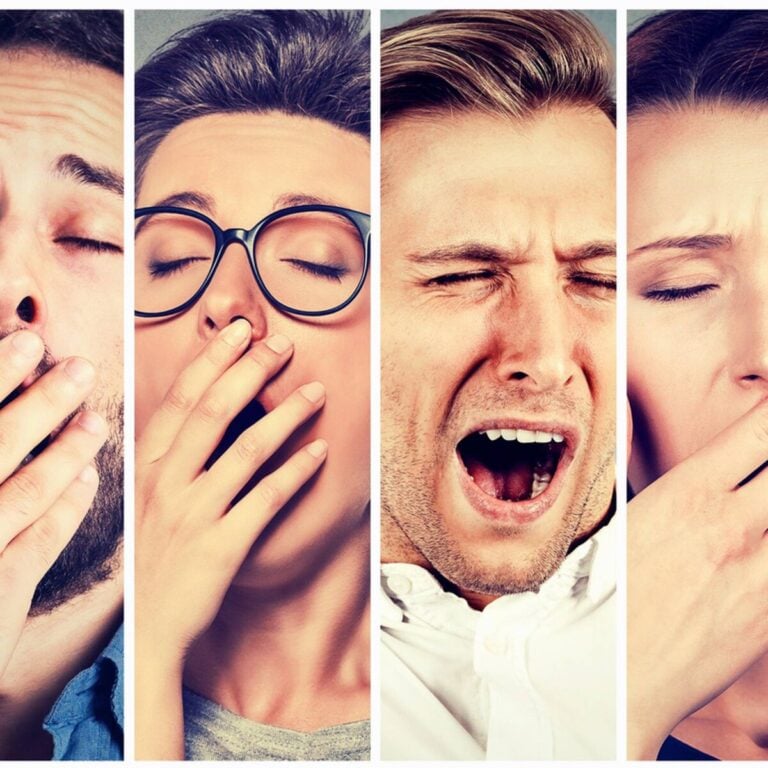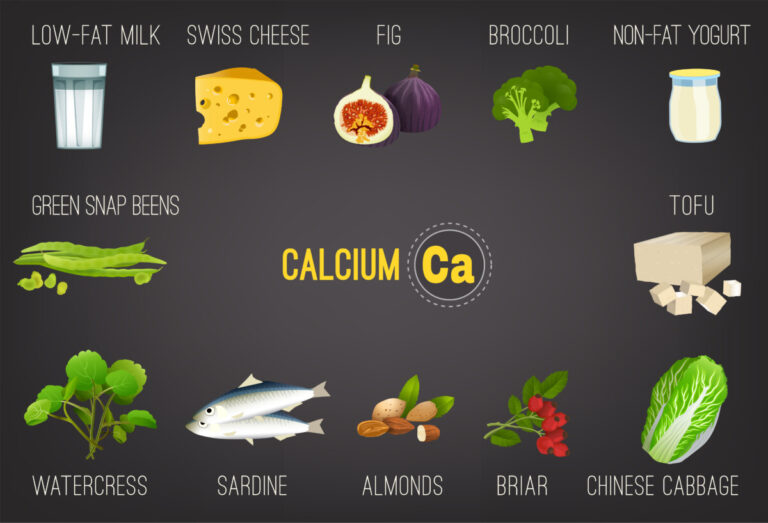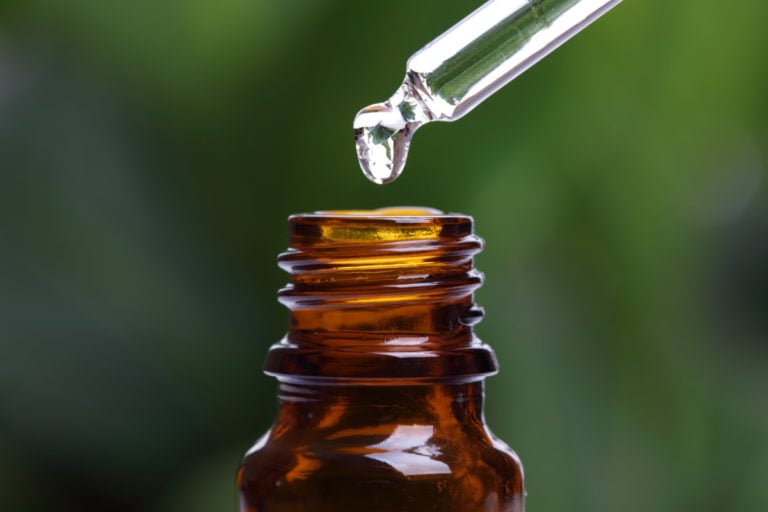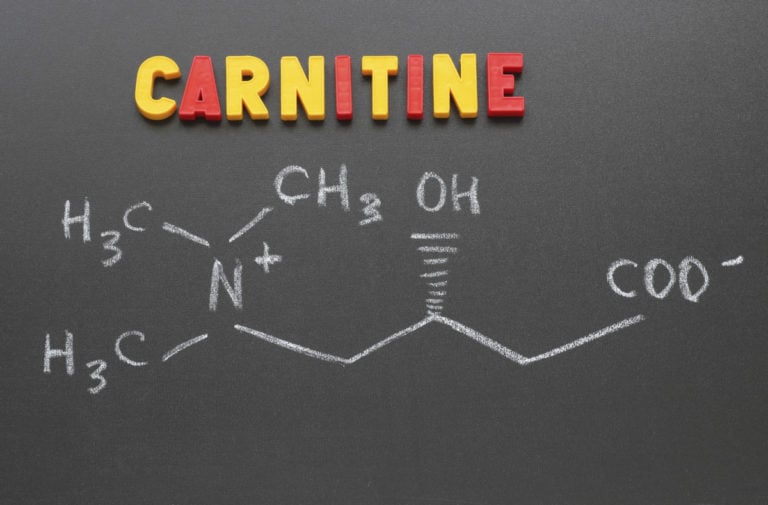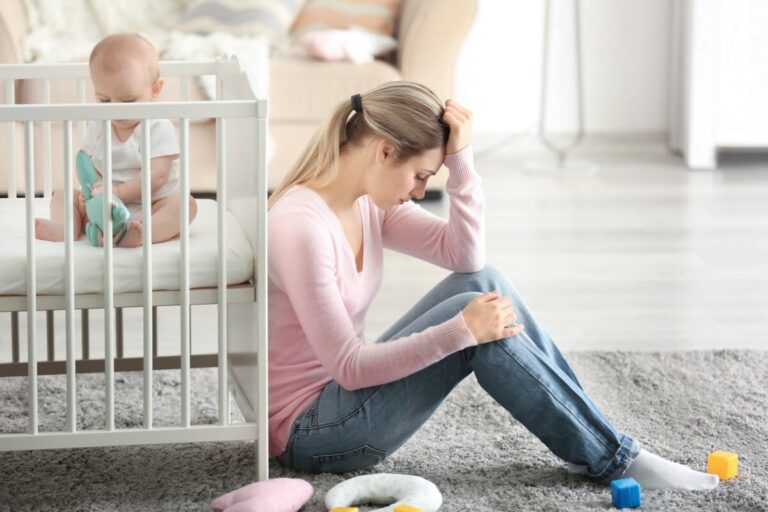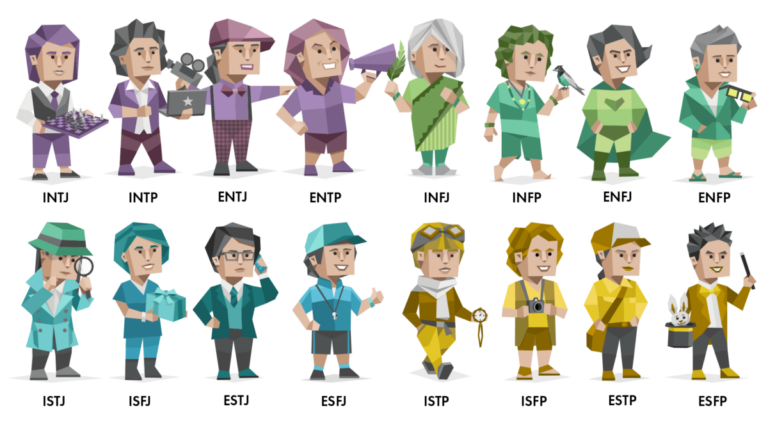Depression is an emotional disorder that refers to affective states. The main symptoms are low mood, apathy, melancholy and anhedonia, that is, the inability to experience pleasure.
People suffering from depression can find it difficult to perform purposeful activities, concentrate and make serious decisions. Also, the disease can have physiological manifestations in the form of sexual needs, sleep disorders and disorders of the gastrointestinal tract.
Depression has a phase course. If the depressive phase is combined with the manic phase, this disorder is called bipolar and is considered more serious and severe. How long depression lasts depends on its type. On average, its duration ranges from 6 to 8 months. If its duration is more than two years, such depression is called chronic.
Historical background
Depression was first discovered by mankind in antiquity. At this time, Hippocrates described this state with the term “melancholy” and noticed that it was dependent on external influences – the weather, the season.
However, the first information about depression as a disease appeared in the 1950s. last century in the United States, when the first drugs began to appear – antidepressants.
Signs and symptoms of depression vary in timing, severity, number, and frequency.
Depression symptoms
- lowered mood;
- anhedonia (reduced ability to enjoy);
- low self-esteem;
- loss of interest in life;
- reduced appetite;
- pessimistic mood;
- impaired concentration;
- inhibited motor and mental activity;
- suicidal tendencies
The clinical course of depression is determined not only by its severity, but also by the age and gender of the patient. So, for example, women suffer from depressive disorders much more often than men, which is associated with the peculiarities of their hormonal levels.
Men tend to deny the existence of any health problems, especially when it comes to their mental state. That is why the diagnosis of depression in the male half of the population is difficult and requires a thorough approach.
In addition to the general symptoms of male depression, the following are also characteristic:
- loss of interest in things that previously gave pleasure;
- lethargy;
- aggressiveness;
- hostility towards other people;
- changes in sexual behavior;
- Increased irritability.
Depression in women is age related. Often it occurs in women who have retired and during the onset of menopause. The symptoms are especially pronounced in those who have not started a family by a certain age and because of this have lost their social significance.
The female half of the population is more prone to psychotic disorders. This is due to hormonal changes that occur throughout a woman’s life. It is more susceptible to external and internal influences.

The connection between menopause and depression lies in the fact that during menopause, the mental and physical state of a woman undergoes changes. A woman reacts painfully to many things and is emotionally unstable. Also, the development of depression is often observed in women after forty years.
Symptoms of depression in women
- increased irritability;
- self-doubt;
- Unjustified guilt;
- sudden mood swings over a short period of time;
- isolation in oneself and one’s problems.
Depression is much less common in children than in adults.
Symptoms of depression in children
- decreased appetite, refusal to eat;
- dyssomnic disorders;
- psychomotor excitation and inhibition;
- low self-esteem;
- inadequate guilt;
- feeling worthless;
- aggressive behavior, withdrawal and withdrawal from other people;
- deterioration in school performance.
Symptoms of depression in adolescents
Symptoms of depression in adolescents are similar to those in children. A hallmark of depression in childhood and adolescence is the appearance of increased irritability.
Expert Nadezhda Efremova, psychotherapist-regressologist comments:
And it is not always clear what to do with these feelings. It is great if closeness with parents is maintained and the child can share his experiences with them. But for the most part, during this period, the child tries to stand with both feet on the staggering ground, where he can no longer identify himself as a child, and still does not know how to behave like an adult.
During this period, he really wants separateness, freedom and recognition of his boundaries. At the same time, more than ever, he needs an adult to be nearby and keep his emotional state, explaining and chewing to the molecules what is happening to him. Alas, most adults simply do not know how. Thus, the child is left alone with a completely new self. He does not know what to do with himself, there is no clarity what is next either.
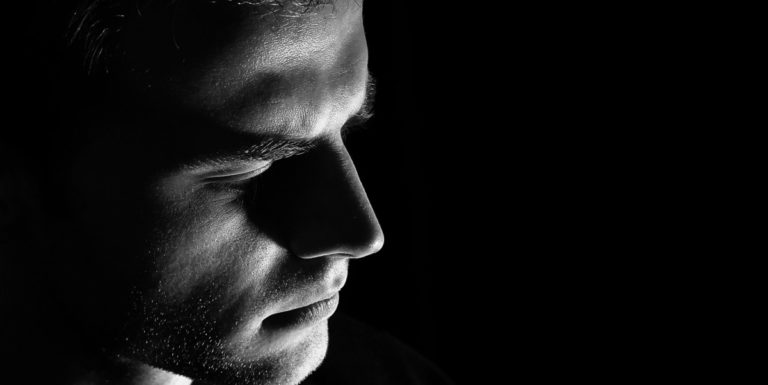
Let’s not forget that this period also marks the end of school and the choice of a future higher education institution. And this, of course, is the icing on the cake of his obscure states. Imagine that you don’t know where to go, what to do, why you have certain emotions now, why your body is changing and whether what is happening to you is normal, and at that moment your mother comes into the room and says: “We need to urgently decide on a career for the future. Represented? Do you think it is easy to be in such a world? Of course it’s difficult.
All we can do as adults for our children during this period is just give them freedom, keep watching them so they feel safe and trusted, and tell them over and over again what is happening to them. .
Types of depression
- Cyclonic depression is caused by seasonal changes that occur outside and is observed during the autumn and winter seasons.
- Anesthetic depression is characterized by the appearance of alienated emotions, when a person cannot empathize with others and is insensitive towards himself and loved ones.
- Creative depression is a common occurrence among people whose professional activities are related to creativity. Lack of inspiration can lead to low mood, irritability and withdrawal.
- With hidden (masked) depression, there are no classic symptoms of the disease. The patient is convinced that he is suffering from a somatic pathology or neurotic disorder. Differential diagnosis is required.
- Depression during pregnancy.Depressive disorder during pregnancy is associated with hormonal changes that occur in the mother’s body. There are also prenatal depression, the occurrence of which is explained by psychological and somatic aspects. The way of life of a woman is changing, she is aware of her responsibility and a new social role. There is also postpartum depression.
- Cerebral depression in a newborn is a condition characterized by impaired gas exchange and lack of oxygen. This leads to inhibition of the central nervous system, respiration and circulation.
- Post-holiday depression or blues is a state after a vacation, which is characterized by apathy, stress, longing, unwillingness to go to work. More often, such depression manifests itself due to a cardinal change in weather conditions (bright sun, heat, sea and rain, slush, dullness), the need to return to work, a cardinal change in one’s regimen, and an unsuccessful vacation.
Reasons
The exact causes of clinical depression have not been fully established. To date, there are a number of hypotheses and scientific theories. Depression can be caused by both internal and external factors.
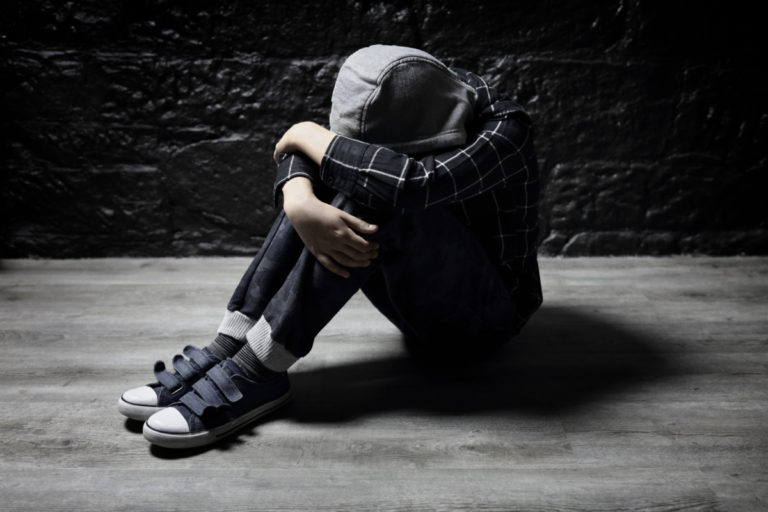
Previously, information appeared that “depression genes” were identified, but in 2019 these data were refuted.
Often, depressive disorder occurs against the background of somatic diseases. Somatized depression may result from:
- Alzheimer’s disease;
- traumatic brain injury;
- flu;
- oncological diseases;
- chronic intoxication;
- thyroid dysfunction;
- atherosclerotic lesions of cerebral vessels.
An association has also been found between VSD and depression. People suffering from neurocirculatory dystonia are more prone to the development of a depressive state, since their emotional sphere is characterized by increased lability.
Depression is also a side effect of some medications. It is called drug (iatrogenic) and is associated with the use of levodopa, benzodiazepine drugs and corticosteroids. Long-term use of antipsychotics leads to neuroleptic depression. It can be vital.
If an external cause cannot be identified, such depression is called endogenous, that is, arising from internal changes.
Depression tests
Diagnosis of depression consists of several stages:
- screening;
- clinical assessment (depression test and medical opinion);
- Assessment of individual symptoms (anxiety, suicidal tendencies, anhedonia).

To date, the diagnosis of depression is based on the use of questionnaires and medical experience. To screen for a depressive disorder, various tests are performed to determine self-esteem. These include the following:
- Zang scale for self-reported depression. Responses are rated from 1 to 4: never, sometimes, often, always. Results: 20-49 – normal; 50-59 – mild depression; 60-69 – moderate depression; 70 and above – severe depression. The full testing procedure with processing takes 20-30 minutes.
- Beck Depression Scale.The Beck Depression Scale is a psychological test for depression administered by a qualified psychologist. Also, at present, testing can be completed and completed independently. The Beck Depression Test scores each category on a scale of 0 to 3 as symptoms increase in severity.
- Hamilton Depression Rating Scale is a tool that has been developed to assess the condition of patients with depression before, during and after treatment. This technique is widely used in clinical research and medical practice.
- The Zung Depression Scale has high sensitivity and specificity.
- The Hospital Anxiety and Depression Scale consists of two parts – an assessment of the level of anxiety and depression.
How to get out of depression
Treatment of a depressive disorder consists of influencing the etiological factor (cause) and taking measures to prevent its further influence.
So, for example, the treatment of seasonal depression is carried out using light therapy and walking in the fresh air in clear sunny weather. The treatment for iatrogenic depression is to stop the drug that caused the symptoms.
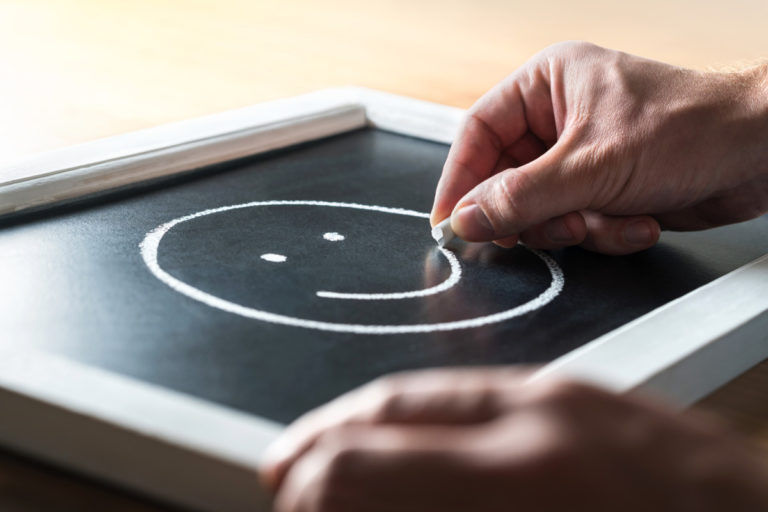
Specialists treat the disease at different levels:
- pharmacologist – on biochemical using drugs;
- psychologist and psychotherapist – on the cognitive and behavioral by selecting effective methods against depression.
Both drug therapy and alternative medicine help to get out of depression. These include herbal therapy, hypnosis, meditation, the use of music and massage for depression.
Lifestyle
It is also necessary to pay attention to the patient’s lifestyle and adhere to the following principles:
- nutrition for depression should be balanced and rational;
- add foods to your diet that increase serotonin levels and mood – bananas, chocolate are effective against depression;
- daily walks in the fresh air should be present;
- dosed physical activity (morning exercises, yoga).
Consequences of depression
A large percentage of depressions remain undiagnosed due to the fact that patients try to remain silent about their symptoms. This is due to the following factors:
- fear of the need to take antidepressants and the development of side effects on their part;
- the desire to cope with their problems on their own;
- fear that any information regarding mental health problems will become known to others, and especially to the employer.
The lack of necessary screening and timely treatment leads to severe consequences of depression. Inadequate treatment or its absence can lead to an irreversible consequence – the development of prolonged depression and suicide.
Can a person die from depression?
Often, severe depression leads to decreased appetite and refusal to eat. Severe exhaustion can cause organ dysfunction and death. These patients require intensive care. Also, with a vital depressive disorder, patients complain not only of melancholy and anxiety, but also of somatic pain.
Conclusions
Treatment of depression should be carried out under the supervision of the attending physician. The appointment of drugs and non-drug therapy is carried out with the participation of a psychiatrist and on an individual basis. Before using drugs, consult with a specialist who will select the necessary remedy and dosage for you.
